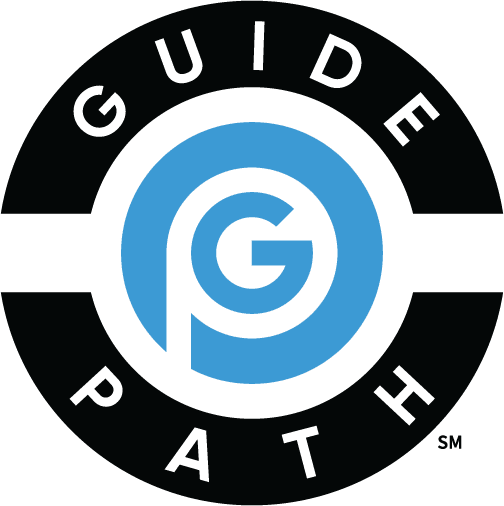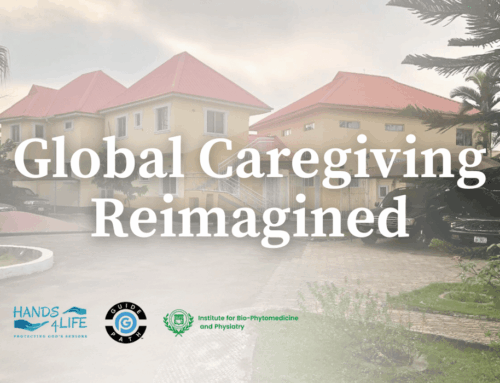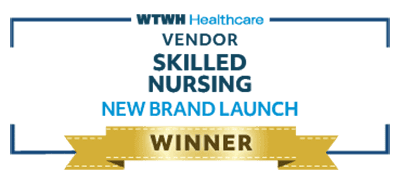In today’s senior living communities, the challenges are real—and growing. Residents with cognitive decline, emotional distress, and trauma histories require care that goes far beyond physical needs. At the same time, caregivers and families are under increasing pressure to communicate clearly, de-escalate conflict, and maintain dignity under difficult conditions.
That’s why the Validation Method, developed by Naomi Feil in the 1970s, remains one of the most powerful and compassionate approaches to supporting older adults with cognitive decline. Through empathy, presence, and meaningful connection, Validation allows us to meet people where they are—and guide them with understanding, rather than correction.
At Guide Path LLC, we are proud to support and amplify the work of the Validation Training Institute (VTI) as part of our broader mission to drive culture change, strengthen compassionate communication, and reduce risk across the senior living ecosystem.
What Is the Validation Method?
Validation is an evidence-based, person-centered method of communicating with older adults—especially those living with Alzheimer’s disease or other forms of dementia. Rather than dismissing, ignoring, or redirecting behavior, Validation teaches care partners to enter the emotional world of the person and validate their experience with empathy, respect, and understanding.
At its core, Validation recognizes that behaviors often labeled as “challenging” are actually meaningful expressions of unmet needs, unresolved trauma, or deep psychological concerns. By responding with compassion instead of correction, caregivers can reduce distress, promote dignity, and foster trust.
Now practiced in over 13 countries, with hundreds of certified trainers worldwide, the Validation Method continues to offer profound and practical value in senior living care—especially in memory care and dementia-focused communities.
Why Validation Matters Now
The senior living industry is undergoing a major shift. Regulators are emphasizing person-centered, trauma-informed care. Families are seeking communities that go beyond routine to offer emotional safety and meaningful connection. And staff are looking for communication strategies that reduce burnout and increase confidence.
Validation aligns with all of these needs:
- Reduces agitation, withdrawal, and emotional distress
- Strengthens resident-family-caregiver relationships
- Builds trust and safety—especially for residents with trauma histories
- Improves staff morale by offering clear tools for difficult situations
- Elevates quality of life and meets CMS person-centered care expectations
Validation isn’t just communication training —it’s a cultural shift toward empathy, listening, and dignity.
Practical Tools That Stick: Skill Building Blocks
One of Validation’s most accessible offerings is the Skill Building Blocks series: concise, video-based microtrainings that can be integrated into team huddles, care planning meetings, or staff onboarding.
Each Skill Building Block teaches a foundational Validation technique:
- Centering – staying emotionally grounded before engaging with a resident
- Observe and Calibrate – reading emotional and non-verbal cues
- Voice Tone – conveying warmth and respect through vocal modulation
- Eye Contact – connecting visually in a calm, steady, and dignified way
- Respectful Distance – finding the right physical proximity for comfort
- Ask, Don’t Tell – promoting autonomy and choice through open-ended language
These bite-sized lessons are designed to meet staff where they are and help communities implement Validation in practical, repeatable ways.
Guide Path’s Strategic Support of Validation
While Guide Path LLC is not a training site for Validation, we proudly champion its principles and encourage communities to integrate this method into their care culture.
Our Module 3: Compassionate Communication shares many foundational elements with Validation—especially the belief that empathy, trust, and presence are not just ideals, but essential risk management strategies.
By weaving compassionate communication into our Certification Program, we help communities:
Improve resident outcomes and reduce distress
Minimize communication breakdowns that lead to complaints or litigation
Build a culture where emotional safety is a priority
Equip staff with consistent, person-centered communication practices
Validation enhances the work we do, and we’re proud to support its continued adoption in senior living.
Validation Training Opportunities: Courses for Everyone
The Validation Training Institute offers a wide range of educational programs for caregivers, medical professionals, family members, and organizations. Whether you’re new to the method or pursuing advanced certification, there is a course designed for you.
Introductory and Non-Certification Courses:
Beginning Validation (self-paced, online foundational course)
Skill Building Blocks (short modules ideal for daily practice)
Family Caregiver Course (for those supporting loved ones at home)
Validation for Medical Professionals (tailored for clinical teams)
Practical Validation Training (live Zoom-based training for real-world application)
Validation Memory Care Program (11-week blended course with NCCAP)
Certification Programs:
Internet-Supported Worker Course (40-week comprehensive path to certification)
Modular Learning Curriculum (flexible, on-the-job training in 4 modules)
Group Leader, Presenter, and Teacher Tracks (for those training others or leading programs)
For Families: How to Choose a Validation-Informed Long-Term Care Community
Families navigating care options often ask: “How do I know if this community will really honor my loved one’s dignity?”
To support this process, Validation has created a guide:
“Tips for Finding a Validation-Informed Long-Term Care Home for Your Parents/Grandparents.”
This guide helps families ask the right questions, observe daily practices, and understand how Validation principles should show up in real life—from how residents are addressed, to how behaviors are interpreted, to how restraint use is handled.
Download the guide and learn more.
Conclusion: Empowering Care Through Understanding
The future of senior living depends not just on policies or procedures—but on our ability to communicate with empathy, listen without judgment, and respond with compassion.
The Validation Method offers exactly that: a practical, evidence-based, and deeply human approach to care that honors each resident’s reality and story.
At Guide Path, we are honored to support and uplift the mission of the Validation Training Institute. Together, we’re building a new standard—where understanding is the first step toward safety, trust, and meaningful connection.
To learn more about Validation or enroll in a course, visit vfvalidation.org
To explore how Guide Path Certification supports compassionate care and culture change, visit guidepathllc.com
Because communication isn’t extra—it’s everything.
Let’s empower care through understanding.







